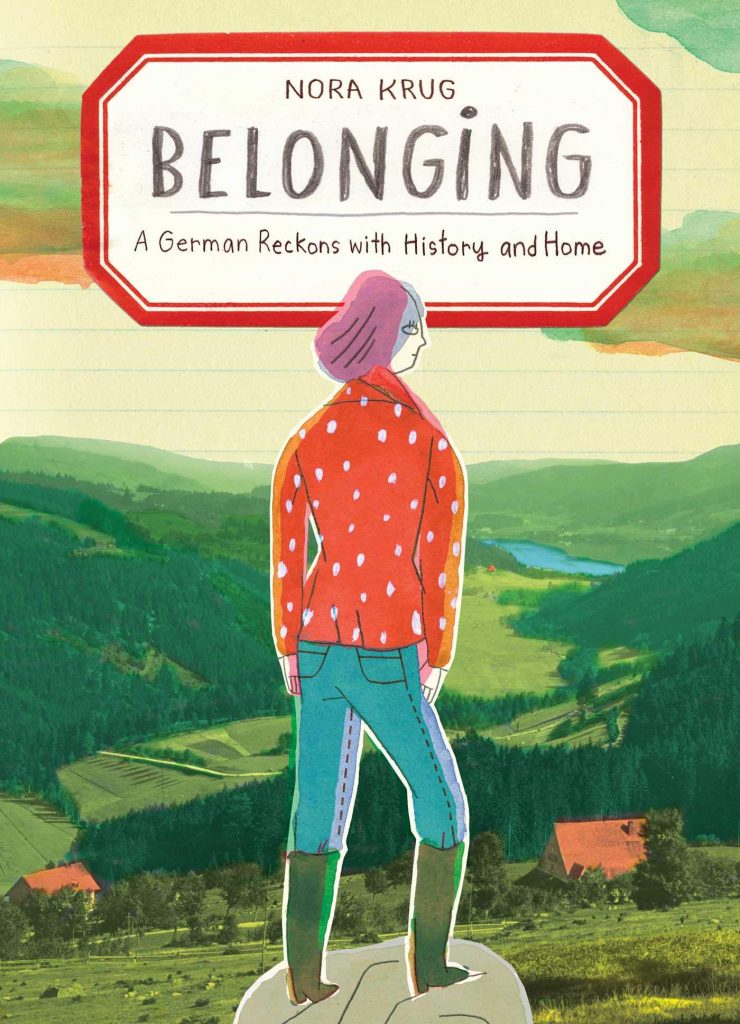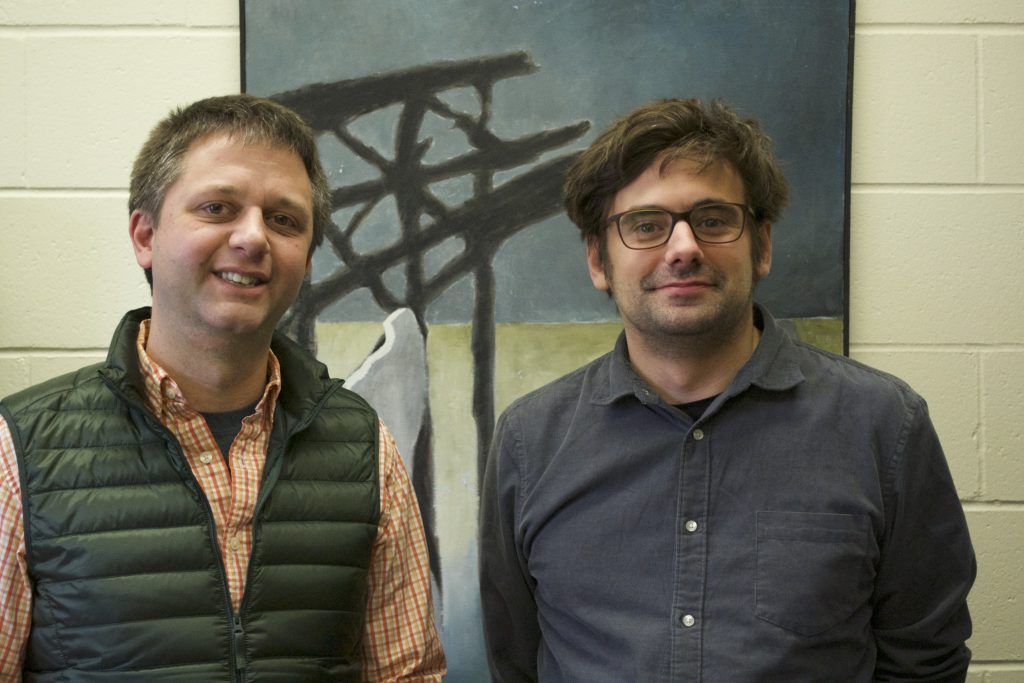Your most recent book, Misrepresentation in Silence in United States History Textbooks, demonstrates the distortion of history in American textbooks. What are the implications or effects of misrepresentation?
Dr. Gellman: Misrepresentation continues to allow certain kinds of stories to be told about groups of people in ways that maintain and perpetuate dominant social hierarchies. For example, when we misrepresent White violence towards Black, Indigenous, and people of color groups, it encodes narratives of White supremacy that teach children in the K-12 system, who are encountering these narratives, that White groups are superior, that they are dominant, that they are victorious, that they should be identified with. So, it becomes an assimilation facilitator, and it demeans and undercuts the experiences and sometimes the resistances of BIPOC groups that may have worked against those actions of White supremacy. So, misrepresentation writ large has the ability to perpetuate the encoding of White supremacy in our society in ways that have many repercussions for structural justice, racial justice, and gender justice.
The other thing it does is create false justification for patterns of domination that, again, reinforce erroneous beliefs about who has what kinds of rights. So, when we misrepresent, Indigenous people, for example, as conquered, it sends a message that those people don’t count in the contemporary story. They have been conquered; therefore, they are not contemporarily relevant. Many Indigenous movements in the United States use the claim of “we are still here to assert contemporary native visibility.” Because, as I document in the book, so much misrepresentation only portrays Indigenous people in what is now the United States in the past tense as people that were here, that were dominated and have essentially disappeared.


